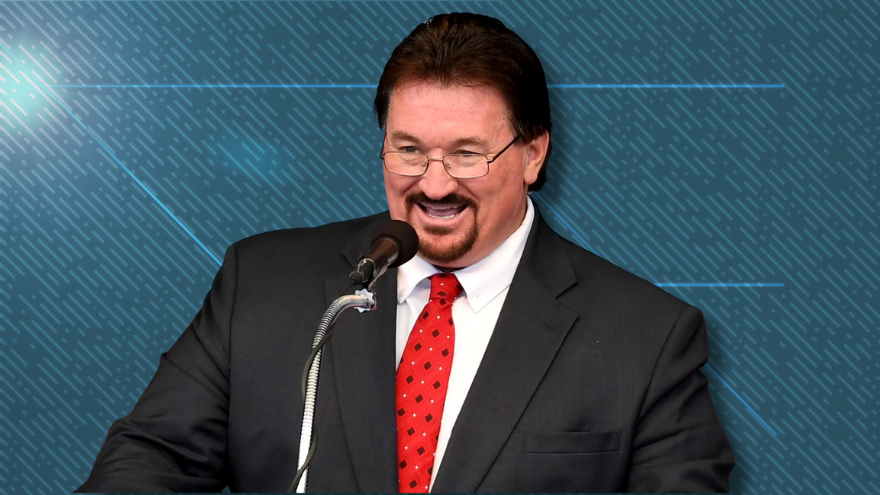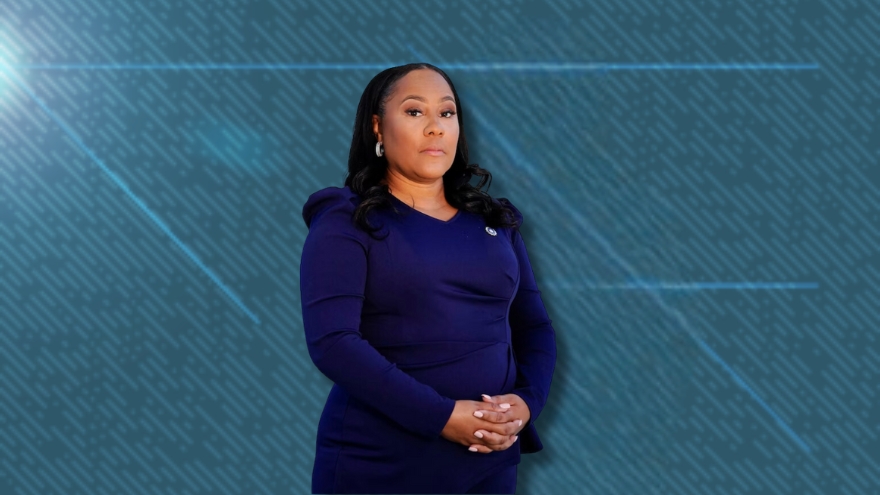The indictments make Nevada the third state, following Michigan and Georgia, to bring charges against alternate electors whose votes were pledged to former President Donald Trump after the 2020 election. According to a statement from Nevada Attorney General Aaron Ford, the six who were charged are state Republican Party Chair Michael McDonald, Jim DeGraffenreid, Jesse Law, Durward James Hindle III, Shawn Meehan and Eileen Rice. They all face two felony counts each for “Offering a False Instrument for Filing” and “Uttering a Forged Instrument.” “When the efforts to undermine faith in our democracy began after the 2020 election, I made it clear that I would do everything in my power to defend the institutions of our nation and our state,” Ford said in the statement. “We cannot allow attacks on democracy to go unchallenged. Today’s indictments are the product of a long and thorough investigation, and as we pursue this prosecution, I am confident that our judicial system will see justice done.” While many within the political and media spaces frequently refer to the role the charged individuals played as being “fake electors,” alternate electors have a long (and legal) history in the U.S. During an interview with anchor Chris Cuomo, Trump attorney Jesse Binnall explained:A Nevada grand jury has indicted six Republicans set aside as alternate electors in the 2020 election.
And while I don't represent President Trump in this particular case, what we've, I think seen in detail — like for instance, from the January 6th Committee — shows that there was actually a legal basis for doing everything that was done with the electors in this case. So, for instance, in the 1960 election, there was a recount in Hawaii. And so alternate electors cast ballots for John F. Kennedy. And in fact, those ballots were counted at the joint session of congress because after the recount, it was found that Kennedy actually won the state of Hawaii. And so there was a legal basis for doing all that. And so there's serious concerns. There's also very serious concerns, constitutional concerns, with the First Amendment. Not just the free speech clause, but the right to petition the government for redress of grievances. So anytime congress is going to actually take an action — any member of the public, it doesn't matter — if you're John Doe Public or if you're the President of the United States, you have a right to go to congress and say, “You shouldn't do X action, you should do Y action instead.” That's part of living in a free democracy, is doing just that.

